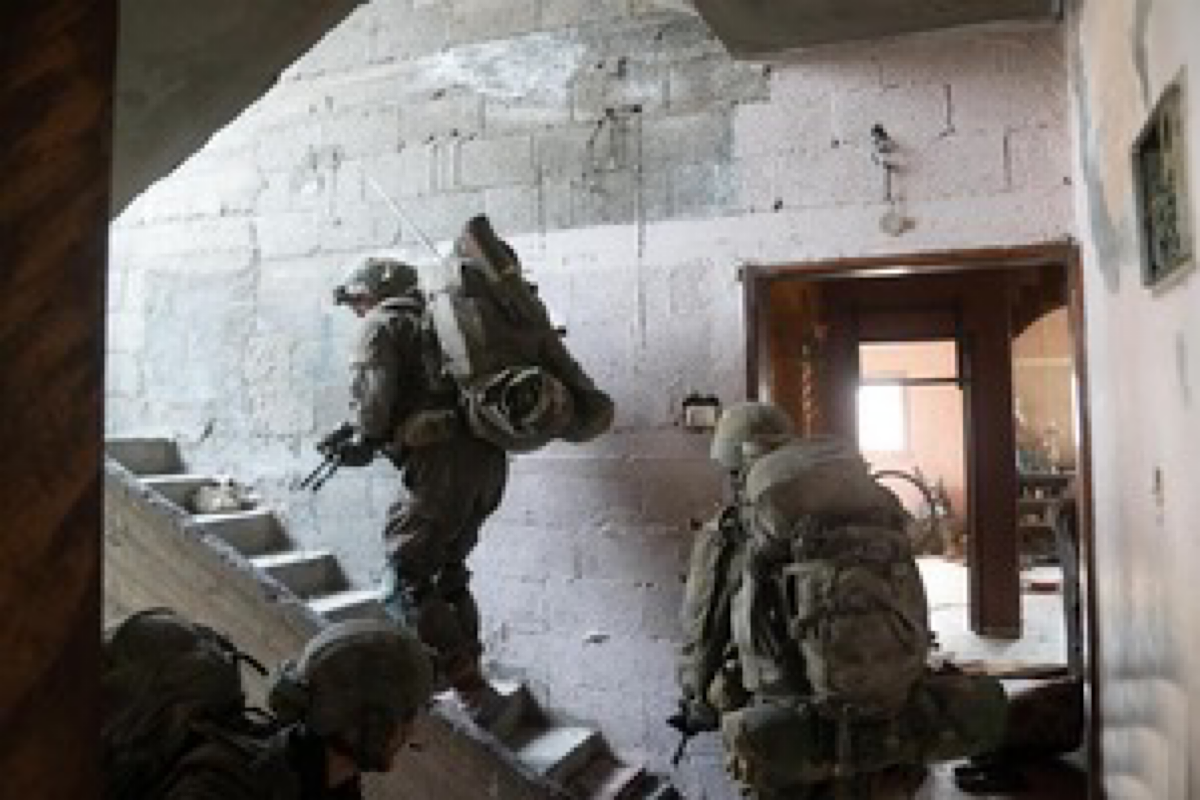The recent developments in ceasefire negotiations between Israel and Hamas have sparked both hope and scepticism. As the conflict in Gaza nears its seventh month, the urgency to reach a resolution has intensified, fuelled by mounting international pressure and the looming spectre of further violence. At the heart of the negotiations lies a fundamental disparity in objectives. While Israel seeks the return of hostages and aims to quell the threat posed by Hamas in Gaza, the Palestinian faction demands a permanent cessation of Israeli military operations in the region.
This fundamental dissonance underscores the deep-seated complexities of the conflict, where each party’s demands are rooted in historical grievances and existential concerns. For Israel, the prospect of securing the release of hostages held by Hamas is a paramount concern. The emotional toll of having citizens held captive weighs heavily on the Israeli government, prompting calls from within the cabinet to prioritise their safe return. However, the insistence on launching a military operation in Rafah, regardless of a ceasefire agreement, reflects a more hardline approach that seeks to eliminate the threat posed by Hamas entirely. On the other hand, Hamas’s steadfast demand for a permanent end to Israeli operations in Gaza speaks to the enduring resilience of Palestinian resistance. Propelled by a desire for autonomy and freedom from occupation, Hamas refuses to accept anything short of a guarantee that Israeli incursions into Gaza will cease permanently. This demand encapsulates the broader aspirations of the Palestinian people for self-determination and sovereignty over their land.
Advertisement
Amid these negotiations, the role of external actors, particularly the United States and the looming spectre of the International Criminal Court (ICC), adds another layer of complexity to the situation. The arrival of US Secretary of State Antony Blinken in Tel Aviv underscores the international community’s interest in brokering a resolution to the conflict. However, the potential threat of ICC arrest warrants against Israeli leaders injects a sense of urgency and apprehension into the negotiations, highlighting the potential consequences of prolonged military action. As the negotiations continue, it is imperative for both sides to prioritise the humanitarian cost of the conflict. The staggering toll of casualties and destruction in Gaza underscores the urgent need for a ceasefire that can alleviate the suffering of civilians caught in the crossfire.
Moreover, a lasting resolution must address the root causes of the conflict, including the underlying grievances and aspirations of both Israelis and Palestinians. Ultimately, the path to peace in the region is fraught with challenges and uncertainties. But by engaging in genuine dialogue and demonstrating a commitment to mutual understanding and compromise, there remains hope for a future where Israelis and Palestinians can exist in peace and security. As the world watches, the stakes could not be higher, and the imperative for a resolution could not be more pressing









